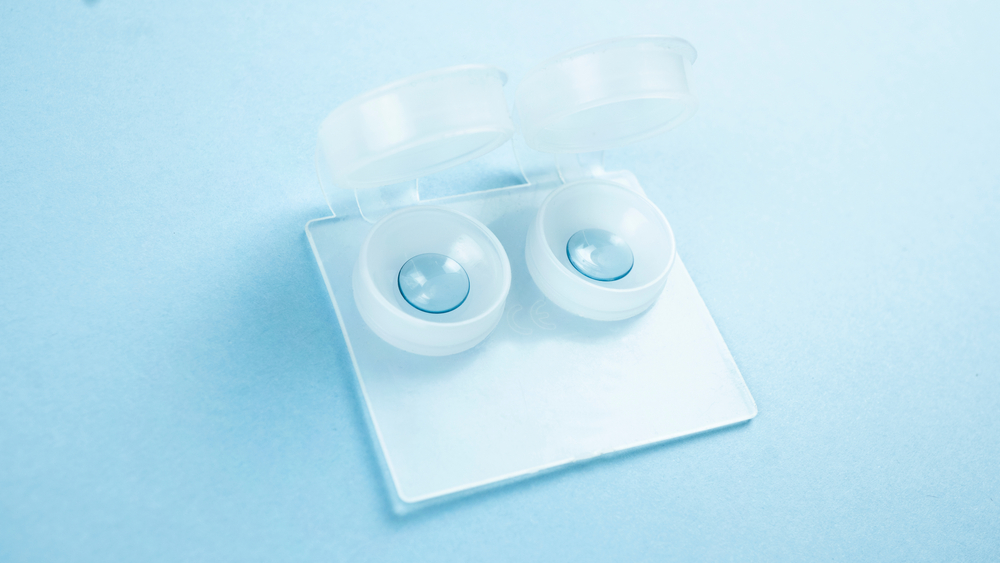
When it comes to vision correction, most people are familiar with the standard contact lenses that correct common refractive errors like nearsightedness, farsightedness, and astigmatism. However, there is a specialized category of contact lenses known as "specialty contact lenses" that cater to individuals with more complex or unique vision needs. These specialized lenses offer solutions for a variety of eye conditions and can provide a level of visual clarity and comfort that traditional contacts may not.
What Are Specialty Contact Lenses and How Do They Work?
Specialty contact lenses are a category of contact lenses designed to address a wide range of vision and eye health concerns that go beyond the typical refractive errors. These lenses are crafted with specialized materials, designs, and features to provide optimal visual acuity, comfort, and eye health for individuals with unique eye conditions or needs.
Specialty contact lenses are custom-made to fit the specific shape and curvature of the wearer's eyes. This personalized approach allows for a more precise and comfortable fit, which is crucial for individuals with irregular corneal shapes or other complex vision issues.
Specialty contact lenses work by addressing the unique needs of the wearer's eyes, whether it's providing enhanced visual clarity, improving eye comfort, or protecting the cornea from further damage or deterioration. These specialized lenses can be made from a variety of materials, including rigid gas-permeable (RGP) plastics, silicone hydrogels, and hybrid designs that combine the benefits of both.
Who Should Consider Wearing Specialty Contact Lenses?
Specialty contact lenses are designed for individuals who have specific vision or eye health needs that cannot be adequately addressed by standard contact lenses or eyeglasses. Some of the most common reasons why someone might consider specialty contact lenses include:
Irregular Corneal Shapes: Individuals with conditions like keratoconus, pellucid marginal degeneration, or post-refractive surgery complications often require specialty contact lenses to correct the irregular curvature of their corneas.
Dry Eyes: For those who suffer from chronic dry eye syndrome, specialty contact lenses can provide a more comfortable and sustainable solution compared to traditional contacts, which can exacerbate dry eye symptoms.
High Refractive Errors: Individuals with high degrees of nearsightedness, farsightedness, or astigmatism may benefit from specialty contact lenses that can better correct their vision than standard contacts or eyeglasses.
Presbyopia: As people age, the natural lens inside the eye becomes less flexible, making it difficult to focus on close-up objects. Specialty multifocal or monovision contact lenses can help address this condition, known as presbyopia.
Ocular Surface Diseases: Individuals with conditions like severe dry eye, corneal dystrophies, or other ocular surface diseases may require specialty contact lenses to protect their eyes and maintain visual function.
Sports and Occupational Needs: Certain sports or occupations may require specialized contact lenses that provide enhanced visual clarity, protection, or performance-enhancing features, such as scleral lenses for athletes or custom-designed lenses for pilots or computer users.
If you fall into any of these categories or are experiencing vision or eye health challenges that are not being adequately addressed by your current contact lenses or eyeglasses, it's worth discussing the possibility of specialty contact lenses with your eye care professional.
The Process of Getting Fitted for Specialty Contact Lenses
Your optometrist will conduct a thorough examination of your eyes, including measurements of the curvature, size, and shape of your corneas, as well as an assessment of your overall eye health and vision needs.
Based on the findings from the initial consultation, your optometrist will select the appropriate type of specialty contact lens that best suits your individual needs. This may involve trying on different lens designs or materials to find the perfect fit.
Wearing specialty contact lenses often requires more frequent follow-up appointments to ensure the lenses are continuing to provide the desired level of vision correction and eye health. Your doctor will monitor the fit and performance of the lenses and make any necessary adjustments.
Is Specialty Contact Lenses the Right Choice for You?
Specialty contact lenses offer a unique and tailored solution for individuals with complex vision or eye health needs that cannot be adequately addressed by traditional contact lenses or eyeglasses. Whether you're struggling with irregular corneal shapes, dry eyes, high refractive errors, or other vision-related challenges, specialty contact lenses may be the answer you've been searching for.
To learn more about specialty contact lenses and how they can benefit you, contact Highlands Optometry to schedule a comprehensive eye exam and consultation. We will work with you to determine the best vision correction solution for your individual needs. Visit our office in Bristol or Wise, Virginia. Please call (276) 466-4227 or (276) 679-5612, respectively, to book an appointment today.






